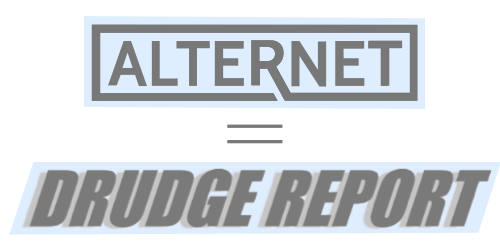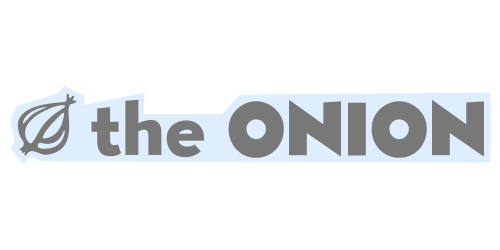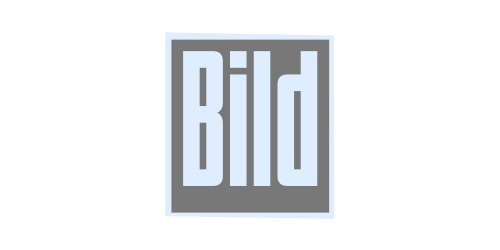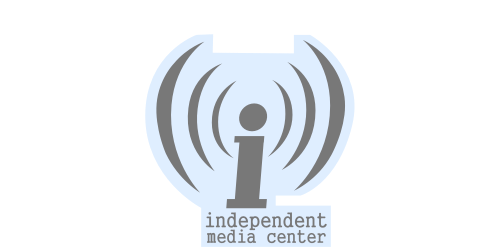
Wastes over 7 years of human life each month
Cloud of Shame.
The core business of the plaintiff is to deliver ads to its visitors. Journalistic content is just a vehicle to get readers to view the ads.– Axel Springer’s lawyer
A free press is a cornerstone of healthy democracy. It enables the citizenry to make informed decisions and provides essential checks and balances on those in power. When we speak of “the free press”, we mean free as in freedom. In the age of the centralised Web, however, the meaning has shifted to free as in without cost. Consequently, the business model of publishers has morphed from making money from journalism to making money from surveillance.
As Axel Springer’s lawyers stated last year during a lawsuit, the core business of a publisher today is “to deliver ads to its visitors. Journalistic content is just a vehicle to get readers to view the ads.”
This is a monumental statement. It is an admission, by one of the largest digital publishing houses in Europe, that journalism today is merely bait in a system that Shoshana Zuboff of Harvard Business School calls surveillance capitalism.
It is very important that we understand what this means in practice: publishers have built their entire digital infrastructure to track and analyse people so that they can lure them into viewing and acting upon behavioural advertising. When we talk about the publishing industry today, what we are really talking about is the behavioural advertising industry.
Needless to say, it does not bode well for the present or future of democracy if the primary purpose of “the free press” is to track and profile citizens so they can be monetised through behavioural advertising.
In this month’s spotlight, we found the top 100 trackers from the most popular 500 publishing sites in the world and blocked them in Better. We also went though the more popular sites to improve the reading experience (for example, to remove unsightly spaces left over by blocked behavioural advertising). This is an ongoing process as we are constantly working to improve Better. Remember that Better enforces the Ethical Design Manifesto on the web. As such, we care not only about protecting your rights but also your effort and experience.
What we’re doing with Better is only one part of what’s needed. Better is, quite simply, technological regulation. It regulates the worst excesses of surveillance capitalists on the web by blocking their technical ability to track and profile you. But we also need wider systemic fixes. Specifically, we must find alternative ways to fund and support a truly free (as in freedom) press.
There are already some interesting efforts in this area, such as Flattr and Blendle. These solutions enable individuals to fund publishers directly. These are commendable and important efforts that might eventually pave a path to fundamentally different – straightforward and honest – business models that are not based on surveillance. However, today, they merely represent a source of additional income for publishers. Publishers can use these in a risk-free manner to supplement the bulk of the money they make through their core business of behavioural advertising. While we hope that the success of such systems might cause some publishers to shift their business models and alter their fundamental infrastructure, we are not holding our breath
Ultimately, we feel that the free press is too important to be left to traditional market forces.
If the free press exists to serve the interests of the commons, we should be supporting it from the commons. This is not an entirely new nor radical suggestion. The BBC in the UK, for example, is supported by a license fee. This isn’t a perfect example, however, as the government has attempted to use its influence over the fee itself as a means of gaining control over the BBC’s editorial independence. What we need is a neutral fund, perhaps at the European Union level, to support independent publishers that practice journalism in the public interest.
While such longer-term efforts are crucial to addressing the systemic causes of the problem, we must also regulate the symptoms in the immediate term. We must remove publishers’ incentives for building and improving surveillance infrastructures by blocking their ability to monetise surveillance. This regulation must be both traditional and technological.
Traditional regulation can require radical transparency, limit the methods allowed for tracking people, limit the duration that information can be stored, and limit the use of gathered information to specificly-disclosed and approved purposes. We can use traditional regulation and legislation to create economic disincentives for the business model of behavioural tracking and profiling while simulataneously creating economic incentives for businesses that build zero-knowledge, decentralised, free and open products.
Technological regulation, on the other hand, is more of a direct approach. Better falls into this category. We physically prevent companies from monetising surveillance by blocking their trackers and behavioural advertising.

Cloud of Shame.





Cloud of Shame.